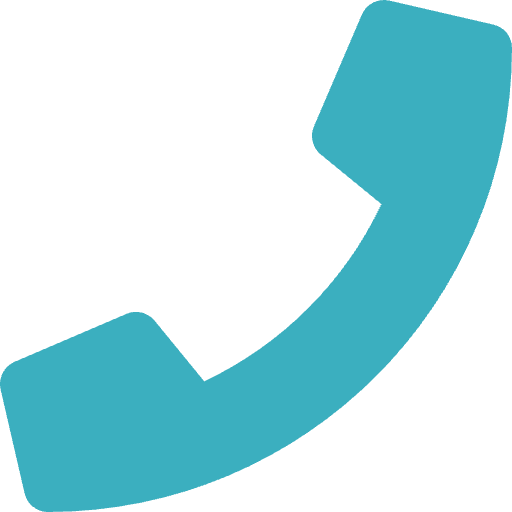Just Starting Your Fertility Journey?
The standard recommendation of when to seek medical advice regarding fertility issues is based on the female’s age. If she is less than 35 years of age and the couple have been unsuccessful in achieving pregnancy for at least 12 months (6 months if the female partner is over 35 years old) with unprotected intercourse then it is time to seek professional medical assistance. If the male partner had a vasectomy (or other obstruction), then you would want to seek medical help immediately to determine your available options.
Types of Artificial Insemination
Artificial insemination is a fertility treatment that delivers sperm to the female using a catheter to reach to the cervix for intracervical insemination (ICI) or into the uterus for intrauterine insemination (IUI). This procedure is most commonly used to achieve pregnancy when there are limited male or female infertility factors and also when using donor sperm. ICI and IUI are very quick and painless procedures that can be attempted many times without any injury to the receiving party.
ICI (or unwashed): the semen is not washed of seminal debris or proteins. This type of specimen is ideal for IVF procedures or for at-home insemination to be inserted into the vaginal canal. The cervix will act as a filter to keep the seminal debris and proteins out of the uterus. The specimen can be washed after thawing the frozen vial if needed.
IUI (or washed): the seminal debris and proteins are washed away and just the sperm will remain so that the sperm can be deposited directly into the uterus.

Ovarian Stimulation
Insemination can be performed using either a natural cycle (timed to the woman’s normal ovulation cycle) or a stimulated cycle (which uses follicle stimulating hormone to provide an extra egg or two for the sperm to target increase the chances of a pregnancy). Patients can discuss with their provider, which method is preferable. Typically, the least aggressive method which is the natural cycle, is attempted before using follicle stimulating hormones. In general, women who are ovulating regularly undergo several cycles of inseminations without ovarian stimulation because the risk of multiple pregnancy and its consequences is reduced. Many people feel that 2-3 cycles of ICI and IUI are the maximum number that should be attempted before moving on to a more aggressive fertility treatment option. A common suggested success rate for artificial insemination without significant female fertility factors would be 12.5% per IUI cycle. The rates increase with use of either Clomid (clomiphene citrate) or an injectable ovary stimulator (FSH).
Schedule a consultation with our Nurse Practitioner today to determine what treatment method(s) would be most suitable for you!

